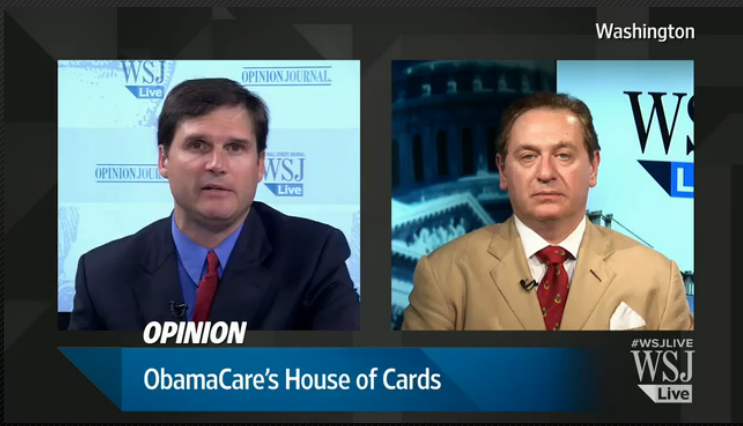Obama’s directive to protect the privacy of foreigners will make Americans less safe.
By Mike Pompeo and David B. Rivkin Jr.
On Jan. 17, in response to former National Security Agency contractor Edward Snowden’s theft of U.S. intelligence secrets and concerns over the NSA’s bulk metadata collection, President Obama issued a Presidential Policy Directive (PPD-28) that neither strengthens American security nor enhances Americans’ privacy. To the contrary, it undermines our intelligence capabilities in service of a novel cause: foreign privacy interests.
All nations collect and analyze foreign communications or signals, what is known as “signals intelligence.” American technological prowess has produced the world’s most abundant stream of signals intelligence, thwarting plots against the U.S. and saving lives. PPD-28 threatens American safety by restricting the use of this signals intelligence.
First, under the new directive, U.S. officials are required to ensure that all searches of foreign signals intelligence are limited to six purposes: countering foreign espionage, terrorism, weapons of mass destruction, cybersecurity, threats to U.S. or allied forces, and transnational crime.
Such policy guidance is appropriate in principle, but these limitations are mere window dressing. Intelligence activities are already heavily scrutinized by executive-branch lawyers to protect Americans’ privacy. Yet the intelligence community must now operate under the presumption that they are somehow engaged in wrongdoing and must justify each and every step by reference to a proper “purpose” to rebut that presumption. This will make intelligence analysts overly cautious and reduce their flexibility in handling security threats.

